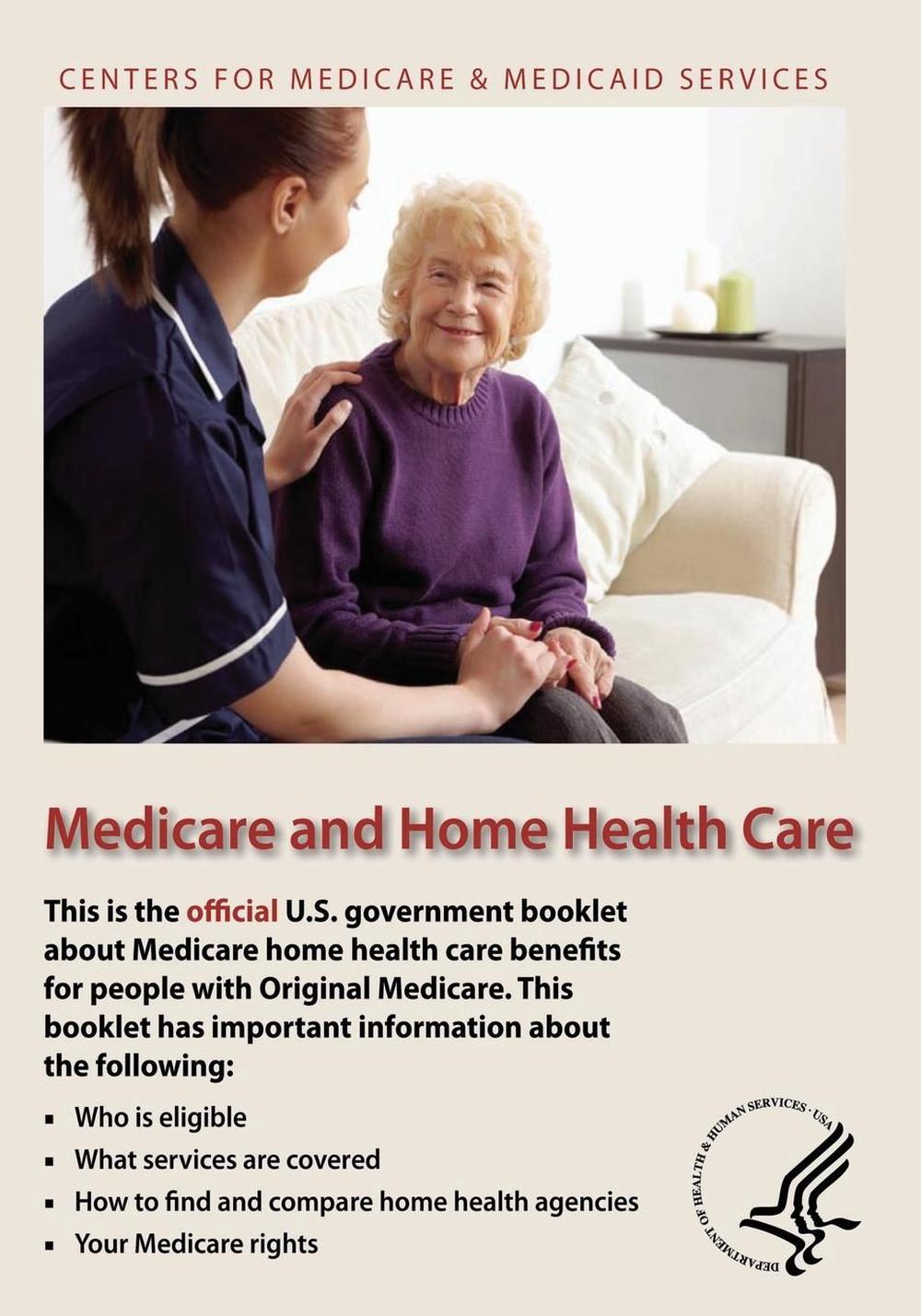

#Medicare nursing home compare free#
Be free from verbal, physical, sexual, and mental abuse and neglect.Be free from discrimination based on race, color, national origin, disability, age, or religion.Participate in activities offered at the facility.Be treated with dignity and respect, free to make your own daily schedule.Receive information about your rights and responsibilities in writing in a language you understand ― before you are admitted.Have your personal information kept private.What Are Your Nursing Home Care Rights Under Medicare?Īccording to the CMS, you have rights and protections under federal and state law as a nursing home resident, including the right to: Medicare will cover some of the costs for skilled care in a nursing home but typically will not cover assisted living facility care. If someone’s needs exceed what the ALF can provide, staff may recommend transfer to a nursing home. Lower levels of care are for more independent people while higher levels provide more assistance. There are different “levels of care” in most ALFs catering to the needs of individual residents. Typically, ALFs are regulated and licensed by the state in which they operate. What Is the Difference Between a Nursing Home and Assisted Living?Īssisted living facilities (ALFs) are homes for people who need help with their care and activities of daily living but not to the level or extent a nursing home provides. Most nursing homes serve as SNFs for people recovering from an illness or injury and long-term care facilities for people who can’t live at home. State surveyors ensure that nursing homes meet licensure and certification requirements. Nursing homes must also be certified by the Centers for Medicare and Medicaid Services (CMS). Nursing homes must be licensed to operate in their state. What Is a Nursing Home?Ī nursing home is a facility where people reside on a short or long-term basis to receive skilled or custodial around-the-clock care. Any violation of rights must be investigated and may involve the nursing home’s ombudsman, who serves as an advocate for all residents. Nursing homes must ensure that residents’ rights to privacy, respect, self-determination, and more are upheld. Sometimes, it’s the best way to keep someone safe, especially if their health or mental status has deteriorated. Moving yourself or a loved one to a nursing home is a tough decision. Finding ways to pay for nursing home care is a challenge and may require the assistance of insurance agents, financial planners, and social services or Medicaid resources in your area. Medicaid is the primary payer for nursing home care for people with low income and resources.

Nursing home room and board rates vary from state to state and are an expensive alternative to other levels of care at home or in an independent or assisted living facility. Long-term care is typically for people who need 24-hour supervision and nonskilled, custodial care, which Medicare does not cover. Nursing homes, also called skilled nursing facilities (SNFs), provide short and long-term care. For Medicare coverage in a nursing home, you must have a three-day qualifying stay in the hospital, although some Medicare Advantage Plans may waive this requirement. Medicare covers limited nursing home care and services provided by skilled nurses, technicians, or therapists.


 0 kommentar(er)
0 kommentar(er)
